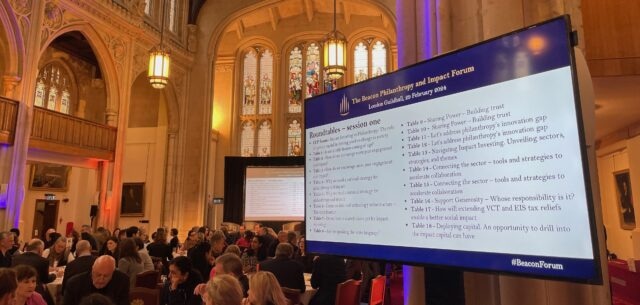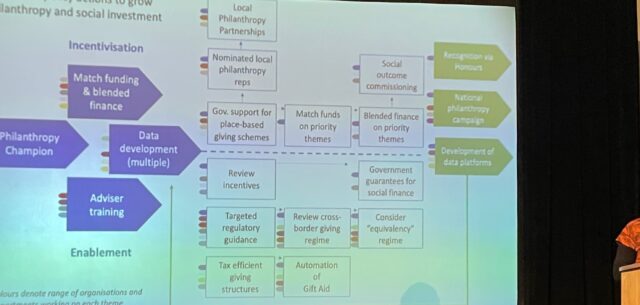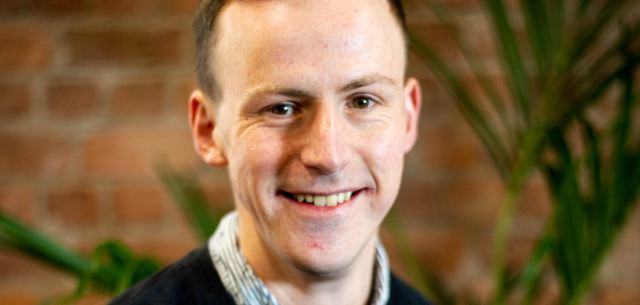Meeting the challenge of recovery – Responding to COVID-19

Grant Gordon says he had a light bulb moment: on a webinar to discuss philanthropy’s response to COVID-19 the discussion centred around three phases of response – relief, recovery, resilience. He realised that many agencies were piling in to the relief effort, but what about the longer term?
Philanthropy has the opportunity to be strategic, so Grant and his family considered how they could deploy their funds across the three phases.
They made an initial donation to the National Emergencies Trust, then turned their attention to The Childhood Trust, which is the main focus of the family’s funding. The Childhood Trust makes grants to around 200 charities in London that work on the frontline of alleviating child poverty.
There are 700,000 children living in poverty in London. With schools, activities and support groups closed, the number and the need was set to rise.
How did Reekimlane Foundation think long-term?
To ensure their future planning was effective, the Childhood Trust first surveyed all of its partner charity organisations. It found that financial survival and the adaptation of service delivery were the principal concerns among their leaders.
In response, The Childhood Trust repurposed its annual summer campaign to deliver flexible funding launching Champions for Children with an increased target of £2.5 million. This meant that the organisation has had to consider how to scale up quickly in terms of fundraising and delivering the expanded grants programme.
Champions for Children works on a double-matching principle. Portfolio organisations receive 25% from The Childhood Trust, providing they have 25% secured from a major donor. This 50% is then matched from public donations via The BigGive online fundraising platform.
Scaling up meant The Childhood Trust needed to expand its fundraising, matching and due diligence capabilities. To meet the fundraising challenge, the small team at the Childhood Trust redeployed to focus solely on achieving the campaign target. Grant’s family foundation, the Reekimlane Foundation, then seeded the programme with a £500,000 cornerstone grant.
The Childhood Trust, together with New Philanthropy Capital, has also begun developing a support package for sector organisations to help their leaders to take stock of their position and adapt their business models through peer support & learning.
How did Grant Gordon utilise partnerships to scale up?
Meanwhile, Grant has been helping bring on board major donors to support the Champions for Children campaign. He has also identified a company that will provide furloughed staff as volunteers to help with due diligence as the programme scales up.
“We are offering financial and structural backing to our partner charities. With flexible funding and a package of support for leaders to tackle new ways of working, our goal is to help them steer their organisations through the recovery phase and make sure that support for London’s vulnerable children remains in place,” he says.
Grant admits that balancing long-term and short-term needs has not been easy – not least because of the urge to deploy funds in the emergency phase. He would encourage others to keep talking, sharing, thinking, adapting and re-planning.
“We had to temper our instinct to run in and commit everything. By taking advice and talking to peers, we were able to consider how we could get the response right for the children and communities that we support,” he concludes.
Click here to support The Childhood Trust’s Champion’s for Children campaign






